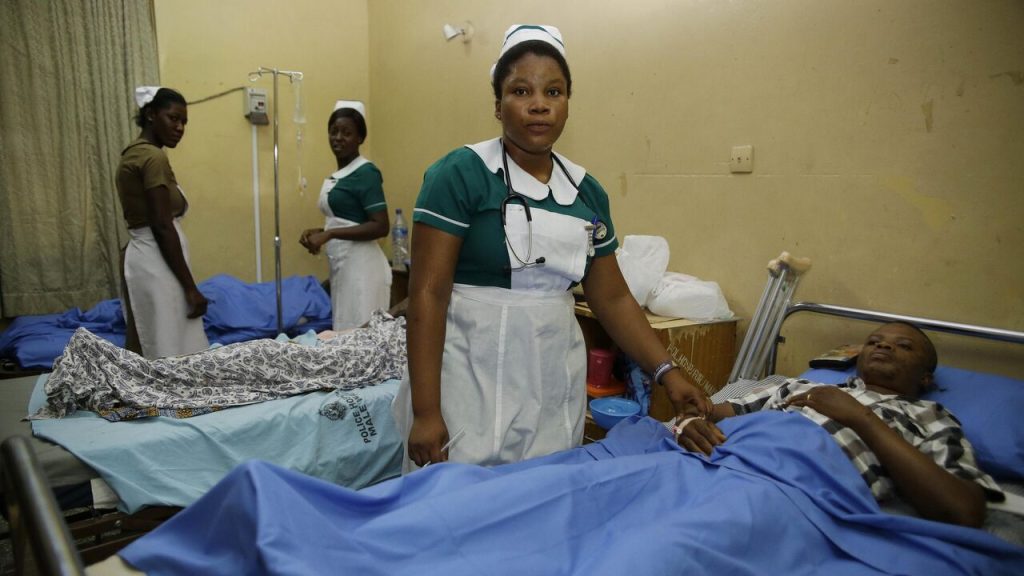The International Council of Nurses (ICN) has sounded the alarm over the impact of predatory recruitment practices by high-income countries targeting nurses in Ghana and other African nations.
Howard Catton, CEO of ICN, highlighted the dire consequences of this trend during a media address, stressing that such practices exacerbate healthcare challenges in nations already grappling with insufficient resources.
“Ghana and a number of other African countries have been the target for recruitment. But the issue is that Ghana and some of these other countries already have fewer nurses per head of population than the countries who are doing the recruiting, have weaker healthcare systems, have high healthcare demand, and are in a poor position to lose their nurses. By losing their nurses, it has a negative impact on those countries’ ability to improve their healthcare and their health system,” Catton stated.
He called for greater transparency in government-to-government recruitment agreements and advocated for fair compensation to Ghana for the loss of its trained nurses.
Catton noted the significant financial implications of this trend, explaining that training a nurse in the UK costs approximately $50,000. With hundreds of nurses leaving Ghana every month, the cumulative cost saving for recruiting nations is substantial.

“We just haven’t seen the openness of those agreements to know what’s in them. What compensation, what benefit does Ghana get if it is losing, as it is hundreds of nurses every month, it costs about 50,000 to train a nurse in the UK, so that’s a saving for the UK of every hundred nurses of say 5 million.
“If four or five hundred nurses are leaving Ghana every month, which we believe there are, that’s 50 million. That money is needed to go into the health system in Ghana to strengthen health care here for the people of Ghana,” Catton emphasised.
To address the issue of brain drain, he urged the Ghanaian government to prioritise better pay and working conditions for nurses.
“The bottom line is that you have to invest in better pay and working conditions for nurses who are in Ghana. We all need to live; we all need to put food and bread on the table. And if you can’t afford to do that, if you go to work and you’re subject to a lack of career development, if you’re experiencing violence or harassment, you don’t feel respected at work.
“So countries that are losing their nurses also have a major responsibility to do the best that they possibly can to improve the pay and working conditions of their own people, to retain them,” he added.
The ICN is collaborating with the World Health Organisation and other international organisations to drive investment in nursing education and career development. These efforts aim to enhance nursing leadership, provide more opportunities for career advancement, and encourage nurses to remain in their home countries.


